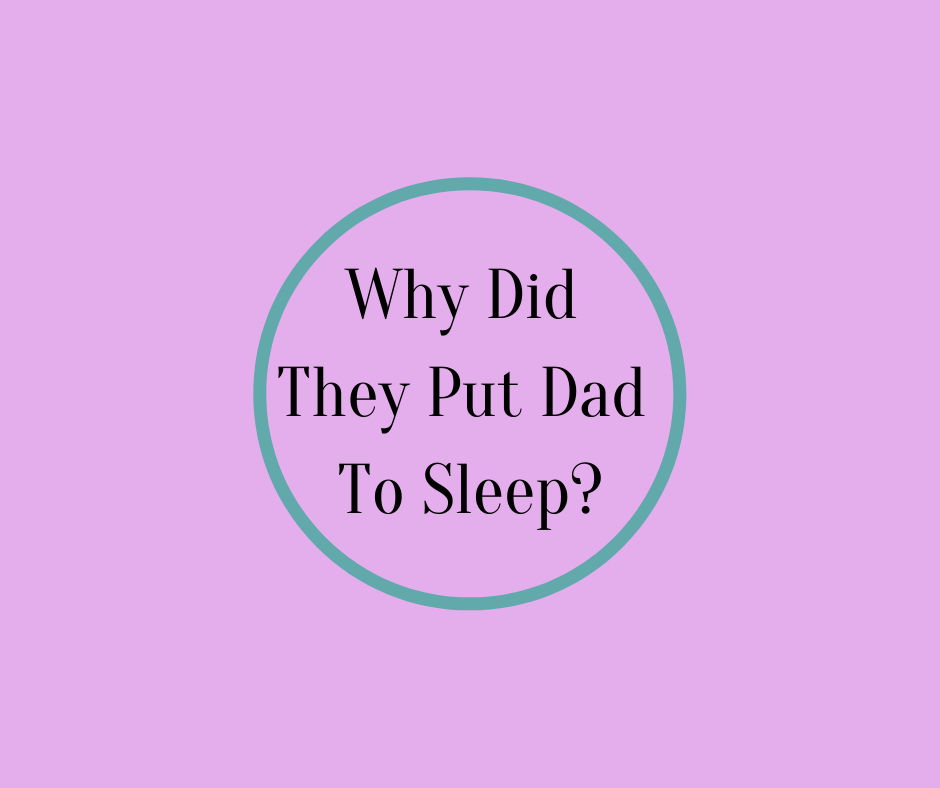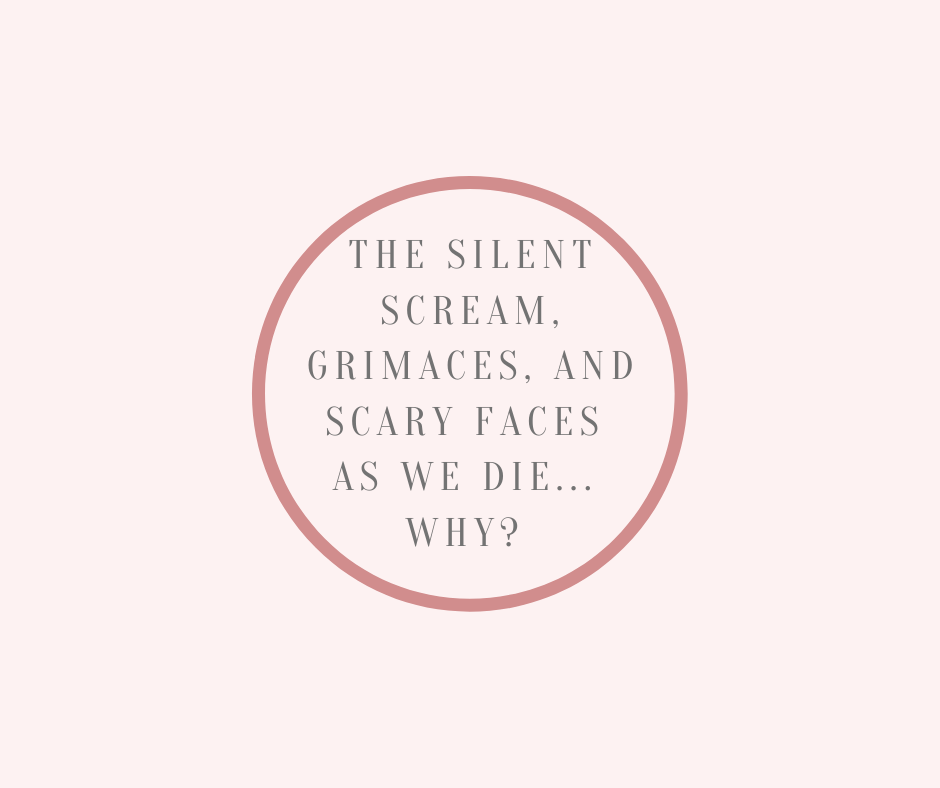“ In people’s imagination, dying seems dreadful; however, these perceptions may not reflect reality. In two studies, we compared the affective experience of people facing imminent death with that of people imagining imminent death. Study 1 revealed that blog posts of near-death patients with cancer and amyotrophic lateral sclerosis were more positive and less negative than the simulated blog posts of non patients--and also that patient’s blog posts became more positive as death neared. Study 2 revealed that the last words of death-row inmates were more positive and less negative than the simulated last words of non inmates--and also that these last words were less negative than poetry written by death-row inmates. Together, these results suggest that the experience of dying-- even because of terminal illness or execution--may be more pleasant than one imagines.”
http://journals.sagepub.com/
This research study was sent to me for my opinion. I thought it was interesting and since others may see it I thought I would add another perspective to the research.
First, what is meant by “dying person”? In the months before death most people really don’t believe they are dying. “Other people die, not me. There will be a cure, a mistake, or a miracle”. They also begin withdrawing, showing less interest in the outside world and become more introspective. That introspection is not always peaceful or even positive. Thoughts and behavior will relate to how much fear is present. We are all going to be afraid as we approach death. It is the degree of fear that we look at. SO posting on a blog, which is doable in the months before death, doesn’t equate to believing that death is really going to happen.
In the one to three weeks before death from disease a person has gone almost completely within. Interacting less, sleeping most of the time, appearing confused, talking with those already dead. I don’t really see a person talking about death or dying in any cognitive manner during that time, especially not posting on a Blog.
So we are back to months before death, from diagnosis to what I call labor (the one to three weeks before death occurs). The article use the words “love, social connection and meaning” to describe the positive emotional response and increase. If the person has been told they can’t be fixed they certainly have the opportunity to look at their life, evaluate and demonstrate these three things. And yes, some do. There are dynamics to dying. We will approach death in the same manner we have approached other challenges in our life. Dying is one more challenge. Our personality doesn’t change just because we have been told we can’t be fixed. In fact our personality traits become intensified, more exaggerated, more pronounced. These aspects would affect the positive or negative as we see our dying and life. Just the nature of these people in the study posting blogs gives an insight into their personality as more outgoing, interactive people, hence striving for connections.
I think it is human nature to look for love, connection, and meaning. We don't necessarily have to be dying to do that. Dying gives us the opportunity, the gift of time, to reach out but many do not take that opportunity.
My overall response to this research is I do not believe in a blanket statement that a person who is dying becomes more positive as they approach dying. Some may but just as many may not. Again, we die the way we have lived. Our personality doesn’t just change from negative to positive. It can, but it is just as likely it won’t.
Something more... about Does Our Personality Change As We Approach Death?
In my comprehensive, three hour DVD, This Is How People Die, I go into great detail about the dying process and what it looks like including personality changes and/or intensity. My DVD is a practical guide for working with patients and families facing end of life issues. In non-medical terminology, Barbara addresses the normal dying process from the months before to the moment of death. It is used in continuing education for the following: Medical Staff Orientation, Hospice Volunteer Training, Stephen Ministries, Parish Nurses, End of Life Doulas, Nursing Faculty Inservice &/or Orientation Nursing Schools.







